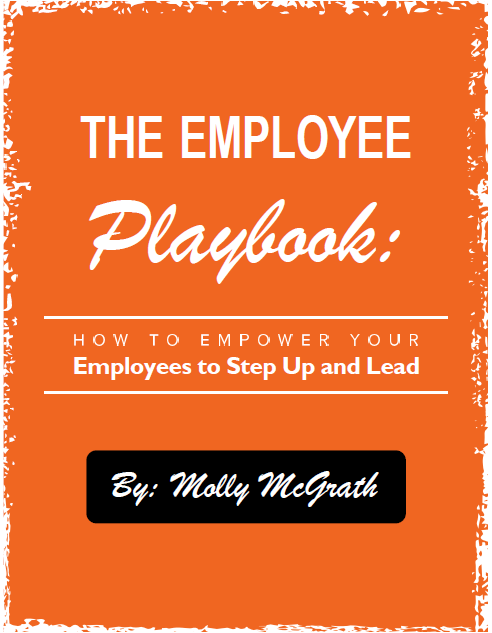
If you’re like so many folks out there, your first thought upon learning that non-lawyers can now own law firms was probably, Is that even legal? But you’re not like most folks out there. You’re a lawyer, and so of course you know that it’s legal. What might surprise you is that it’s also a good thing.
On August 27, the Arizona Supreme Court eliminated ethics rule 5.4, which bars non-lawyers from having an economic interest in a law firm. At the same time, it presented a framework to license “alternative business structures” while at once introducing new licensures to allow legal paraprofessionals to begin providing limited legal services, such as accompanying a client to court. Similar changes are in the works in Utah, California, Illinois and many other jurisdictions. The future is being written and, I repeat: it’s a good thing.
“Organize, don’t agonize.”
Political convictions aside, you’ve got to agree that the above advice from Nancy Pelosi is on point.
Yes, it’s scary to imagine some Deloitte-branded paralegal with deep pockets setting up shop next door and offering many of your same services. Yes, they’re going to arrive with a marketing budget like you’ve never seen and will be backed by technology that’s out of your league. And yes, you will get slaughtered if you don’t prepare, but that’s fine because you will prepare (right?). Below I’ll share a few tips on doing so, but first let me explain why, despite the fear, these changes are good.
Good Things Arrive in Unusual Packages
The fact is that the legal world has long needed an update. For ages now, medicine has employed a tiered system, where a range of professionals—like pharmacists, nurse practitioners, and physiotherapists—can offer medical services without working under an M.D. The public benefits enormously by having ready access to simple medications and services that don’t require physician care. After all, imagine having to book a doctor’s appointment the next time you need allergy meds. Awful, right? Even worse, imagine you’re sick, there’s no doctor in your region, and nurse practitioners are not licensed to run a basic treatment clinic. That’s a legitimate tragedy (and one that those in need of legal services have long-faced). The US ranks 109 out of 128 countries in access to justice and affordability of civil legal services, below Zambia, Nicaragua, and Afghanistan. That’s bad.
It’s not just the public, though. Medical professionals also benefit from a tiered system. In not being beholden to what the doc in charge is willing to pay, physios and pharmacists (unlike paralegals) have the latitude to offer their services in innovative ways. By not being forced to play the role of business manager, the doc in charge is better able to focus on what they are trained to provide: medical services. In addition, a more diversified field, means doctors need not waste time on issues they are overqualified to address. Now, wouldn’t that be nice?
Of course, the legal-medical analogy isn’t perfect. Things are bound to look a little different for lawyers. While there’s no telling exactly what this means, the following three tips will prepare you to meet whatever is coming head on.
“An Ounce of Prevention is Worth a Pound of Cure” —Benjamin Franklin
1. Watch the Market
In their Bleeding Edge podcast, The International Legal Technology Association (ILTA) insists that the best way to prepare for the elimination of ethics rule 5.4 is to keep a close eye on the market. At first, change will be slow and highly-regulated. Five years from now, tectonic shifts will arrive. Use this time to reflect and make note of evolving opportunities. Bring in an outside set of eyes to test and discuss your what you see.
2. Play to Your Strengths
Now is the time to step back and evaluate where you firm excels what where it doesn’t. The best way to head off incoming competition is to jump up a level. Do this by honing your strengths and trimming your weaknesses. Have you procrastinated on upgrading your website? Get to it. Have you failed to project future growth areas for your firm? Build a plan. Have you struggled to land killer hires? Turn that sh*t around.
3. Fortify Client Relationships
Knowing your clients’ needs is the first step to meeting them. Get your firm on social media and follow client businesses. Invest in market intelligence tools that provide customized alerts for those individuals or enterprises you serve. Solicit feedback. A recent survey by Goodwin saw that only 18% of their law firms have a system for collecting feedback while 80% of clients want their feedback sought. Be the exception to this rule.
Consider these three tips a primer. Take them into account and you’ll be better prepared for the future than you are now. That said, surviving the coming moment means more than just keeping an eye on the market, honing your strengths, and caring for your clients. It means battening every hatch and trimming your sails to perfection. Our 66-Day Law Firm Turnaround program aims at driving you to do just that. Book a call and start now!

